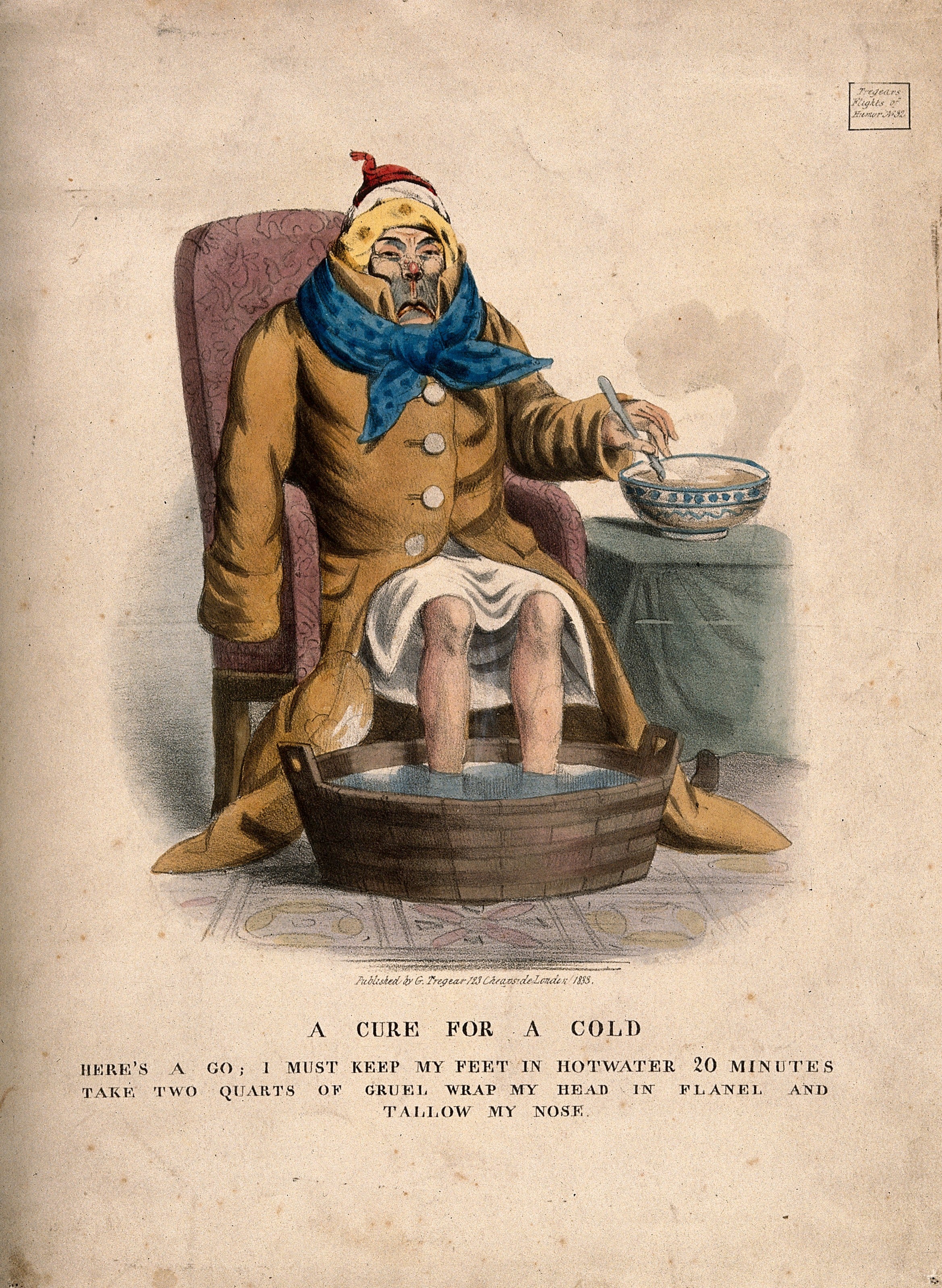
Optimizing Cold Water Therapy: Finding the Best Temperature
Optimizing Cold Water Therapy: Finding the Best Temperature
Overview
What is cold water therapy?
Cold water therapy, also known as cold hydrotherapy, is a therapeutic practice that involves immersing the body in cold water for various health benefits. It has been used for centuries to reduce inflammation, relieve pain, and improve overall well-being. The concept behind cold water therapy is that exposure to cold temperatures stimulates the body's natural healing processes, including vasoconstriction and increased blood flow. This can help to reduce swelling, decrease muscle soreness, and promote faster recovery after intense physical activity. Cold water therapy is commonly used by athletes, both professional and amateur, as a way to enhance performance and speed up recovery. It can also be beneficial for individuals dealing with chronic pain conditions, such as arthritis or fibromyalgia. Overall, cold water therapy offers a natural and accessible method for improving physical and mental health.
Benefits of cold water therapy
Cold water therapy, also known as cold hydrotherapy, offers numerous benefits for both the mind and body. One of the key advantages is its ability to reduce inflammation and swelling. When exposed to cold water, the blood vessels constrict, which helps to decrease blood flow and inflammation in the affected area. This can be particularly beneficial for individuals dealing with injuries or chronic pain. Additionally, cold water therapy can improve circulation and boost the immune system. By subjecting the body to cold temperatures, the blood vessels are stimulated, promoting better blood flow and increased oxygen delivery to the muscles and organs. This can enhance overall health and vitality. Cold water therapy has also been shown to have positive effects on mental health. The shock of cold water can release endorphins, which are natural mood enhancers, leading to a sense of euphoria and improved mental well-being. In summary, cold water therapy offers a range of benefits including reduced inflammation, improved circulation, and enhanced mental health.
Different temperatures for cold water therapy
When it comes to cold water therapy, the temperature of the water plays a crucial role in its effectiveness. Different temperatures can have varying effects on the body and its ability to recover. For instance, water at a temperature of around 10-15 degrees Celsius is considered ideal for reducing inflammation and soothing sore muscles. On the other hand, colder temperatures, such as 5 degrees Celsius or below, can provide a more intense therapeutic experience by stimulating blood circulation and increasing the release of endorphins. It's important to find the temperature that works best for you and your specific goals. Experimenting with different temperatures can help you determine the optimal range for your cold water therapy routine.
The Science Behind Cold Water Therapy

How does cold water affect the body?
Cold water therapy, such as cold showers or ice baths, can have several effects on the body. When exposed to cold water, the blood vessels constrict, reducing blood flow to the skin and vital organs. This can help reduce inflammation and swelling, making it beneficial for post-workout recovery or treating injuries. Cold water also activates the body's natural thermoregulation response, causing it to generate heat and increase metabolism. As a result, cold water therapy can aid in weight loss and boost the immune system. However, prolonged exposure to cold water can lead to hypothermia, so it is important to use caution and limit the duration of cold water therapy.
The role of cold receptors in the skin
Cold receptors in the skin play a crucial role in the effectiveness of cold water therapy. These receptors are responsible for detecting and responding to cold temperatures, sending signals to the brain that trigger various physiological responses. By stimulating these receptors, cold water therapy can help reduce inflammation, alleviate pain, and promote overall well-being. The optimal temperature for cold water therapy may vary depending on the individual and the specific condition being treated. Experimenting with different temperatures can help determine the most effective temperature for each person's needs.
Impact of cold water on blood circulation
Cold water therapy has a significant impact on blood circulation. When exposed to cold water, the blood vessels constrict, which helps to reduce inflammation and swelling. This constriction also helps to improve blood flow and oxygen delivery to the muscles and tissues. As a result, cold water therapy can aid in the recovery process after intense physical activity or injury. Additionally, the cold temperature stimulates the release of endorphins, which can provide a natural pain relief. Overall, incorporating cold water therapy into your routine can have a positive impact on blood circulation and promote faster healing.
Finding the Optimal Temperature

The importance of temperature in cold water therapy
When it comes to cold water therapy, temperature plays a crucial role. The right temperature can enhance the effectiveness of the therapy and provide maximum benefits. It is important to find the optimal temperature that suits your individual needs and goals. Cold water therapy at the right temperature can help reduce inflammation, relieve muscle soreness, and improve overall recovery. However, it is essential to note that the ideal temperature may vary depending on the purpose of the therapy. Therefore, it is recommended to consult with a healthcare professional or a qualified therapist to determine the best temperature for your cold water therapy sessions.
Factors to consider when choosing the temperature
When choosing the temperature for cold water therapy, there are several factors to consider. First and foremost, it is important to consider your personal tolerance and comfort level. Some people may prefer colder temperatures, while others may find them too intense. Additionally, the purpose of the therapy should be taken into account. If you are using cold water therapy to reduce inflammation, a slightly lower temperature may be more effective. On the other hand, if you are using it for muscle recovery, a slightly higher temperature may be beneficial. Lastly, it is important to consider any existing medical conditions or injuries. Cold water therapy may not be suitable for everyone, especially those with certain medical conditions. It is always best to consult with a healthcare professional before starting any new therapy. In summary, when choosing the temperature for cold water therapy, consider your personal preference, the purpose of the therapy, and any existing medical conditions.
Recommended temperature ranges for different purposes
When it comes to cold water therapy, finding the best temperature is key. Different purposes require different temperature ranges. For general recovery and muscle soreness, a temperature range of 10-15 degrees Celsius is recommended. This temperature range helps reduce inflammation and promote blood flow. If you're looking to improve athletic performance and enhance endurance, a slightly colder temperature of 5-10 degrees Celsius is ideal. This lower temperature helps stimulate the body's response to cold, leading to improved resilience and adaptation. On the other hand, if you're seeking the benefits of cold water therapy for weight loss, a temperature range of 15-20 degrees Celsius is recommended. This slightly warmer temperature helps activate brown fat, which can aid in burning calories. Overall, finding the right temperature for your specific purpose is crucial to optimize the benefits of cold water therapy.
Benefits of Cold Water Therapy
Relief from muscle soreness and inflammation
Cold water therapy can provide relief from muscle soreness and inflammation. By immersing your body in cold water, you can reduce swelling and pain in your muscles. The cold temperature helps to constrict blood vessels, which can decrease inflammation. Additionally, the numbing effect of the cold water can help to alleviate muscle soreness. Overall, cold water therapy is an effective and natural way to find relief from muscle soreness and inflammation.
Improved immune system function
Cold water therapy has been shown to have a positive impact on the immune system. When exposed to cold water, the body undergoes a process called cold thermogenesis, which activates the immune system and increases the production of white blood cells. This boost in immune function can help the body fight off infections and diseases more effectively. Additionally, cold water therapy has been found to reduce inflammation in the body, which can further support immune system health. Overall, incorporating cold water therapy into your routine can help improve your immune system function and enhance your overall well-being.
Enhanced mental well-being
When it comes to optimizing cold water therapy for enhanced mental well-being, finding the best temperature is key. Cold water therapy has been shown to have numerous benefits for mental health, including reducing stress and anxiety, improving mood, and increasing alertness. However, the ideal temperature for cold water therapy can vary depending on individual preferences and goals. Some people may find that a slightly cooler temperature, around 10-15 degrees Celsius, provides the most invigorating and refreshing experience, while others may prefer a slightly warmer temperature, around 15-20 degrees Celsius, for a more relaxing and calming effect. It's important to experiment and find the temperature that works best for you and your mental well-being. So, don't be afraid to take the plunge and discover the optimal temperature for your cold water therapy routine!
Conclusion
Experiment and find what works best for you
When it comes to optimizing cold water therapy, there is no one-size-fits-all approach. The best temperature for cold water therapy varies from person to person. Some people prefer a slightly warmer temperature, around 15-18 degrees Celsius, while others find the benefits of colder temperatures, around 10-12 degrees Celsius, more effective. It's all about finding what works best for you. Experiment with different temperatures and listen to your body. Pay attention to how your body responds to the cold water and adjust accordingly. Remember, there is no right or wrong temperature, as long as you feel comfortable and experience the desired benefits.
Cold water therapy is a versatile and accessible practice
Cold water therapy, also known as hydrotherapy, is a fantastic way to improve physical and mental well-being. Whether you're recovering from an intense workout or simply looking to boost your overall health, taking a plunge in cold water can provide a range of benefits. From reducing inflammation and muscle soreness to increasing circulation and boosting mood, cold water therapy offers a refreshing and invigorating experience. Plus, it's easily accessible to everyone, as all you need is a body of cold water, such as a pool, lake, or even a cold shower. So why not dive in and give cold water therapy a try? Your body and mind will thank you!
Enjoy the benefits of cold water therapy in your daily routine
Cold water therapy is a fantastic way to invigorate your body and mind. Whether you're looking to jumpstart your day or recover from an intense workout, incorporating cold water therapy into your daily routine can provide numerous benefits. From boosting circulation and reducing inflammation to improving mood and increasing alertness, the effects of cold water therapy are truly remarkable. So why not take the plunge and experience the rejuvenating power of cold water therapy for yourself?


